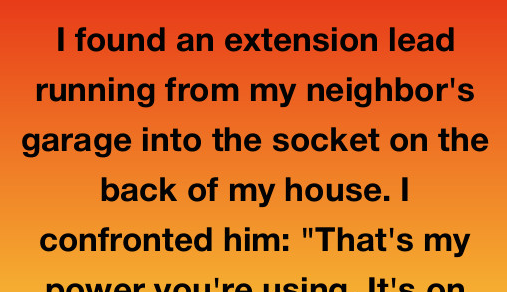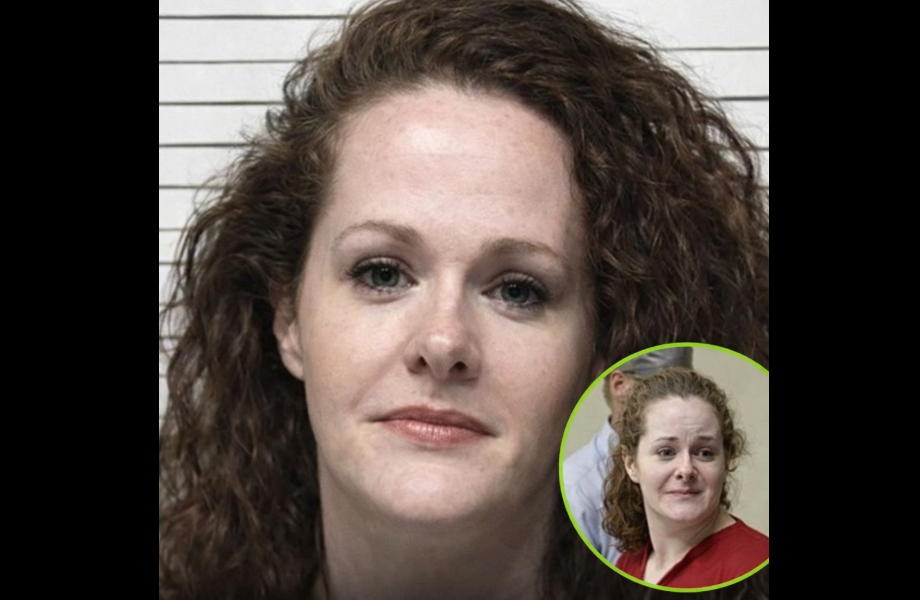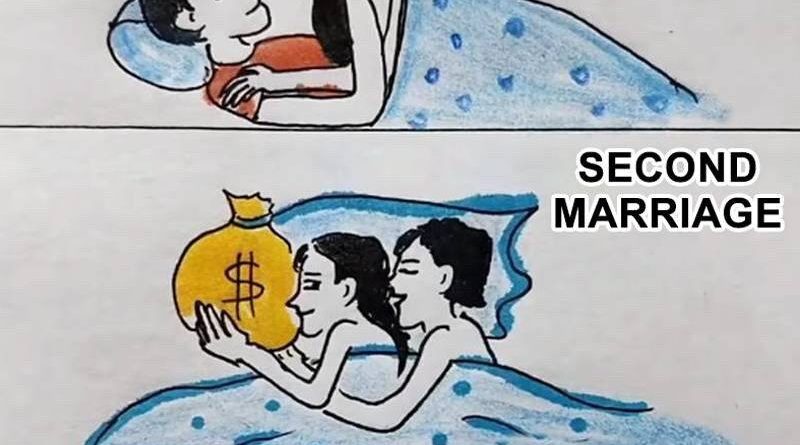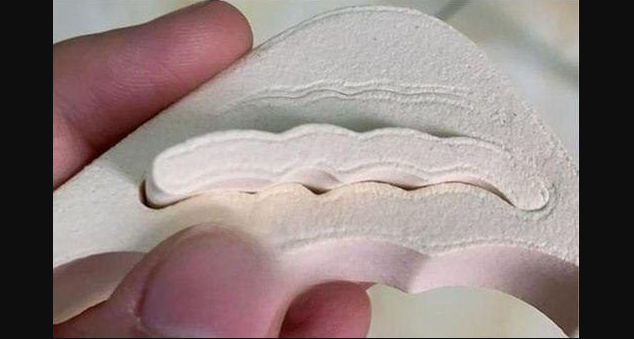I discovered an extension cord stretching from Ron’s garage to the outlet on my house’s exterior wall. I approached him directly: “Ron, you’re tapping into my electricity. That’s my meter!” He chuckled lightly: “Relax, it’s barely a few cents!” Determined to address it, I secured the outlet with a lockable cover. The next morning, a note slipped through my letterbox stopped me cold: “Your heart’s chillier than your power, mate.”
I held the note, rereading it. Initially, anger surged. Then confusion crept in. Oddly, guilt followed.
I couldn’t pinpoint why. I wasn’t the one siphoning electricity. Yet the note’s words struck a chord. Perhaps it was that “mate” at the end. Once, we’d been something like friends.
Ron had been my neighbor for a decade. Always tinkering in his garage with old radios, bicycles, or chairs. Years back, his wife, Maureen, passed away from cancer. Since then, he’d retreated into his own world.
We used to connect more. Summer barbecues, shared tools, casual chats. After Maureen’s death, Ron withdrew, spending most of his time in that garage, away from everyone.
I’d tried to maintain our bond. Brought over homemade soup or pie a few times. He’d thank me politely but kept his door closed.
Seeing that cord last week pushed me over the edge. I thought, “I’m not running a free utility.” Without pausing to consider his reasons, I bought and installed the lockable cover.
Then came the note.
“Your heart’s chillier than your power, mate.”
I pocketed it and went through my day, but the words lingered, nagging like a loose thread.
That night, I glanced out my kitchen window. Ron’s garage was completely dark. It had been for days. His lights were always faint, but now—nothing. No hum of his old radio, no clatter of tools.
A strange unease pulled me outside. I crossed to his place.
I knocked. Silence. I called his name. No response.
Through the frosted garage window, I glimpsed him—crumpled on the floor.
I scaled the fence and burst inside. The door wasn’t locked. Ron was breathing, faintly. I dialed for an ambulance.
The paramedics revealed Ron had diabetes. He hadn’t been eating properly. His fridge had broken down a week earlier, and he couldn’t afford a replacement. His electricity had been disconnected. That’s why he’d used my outlet.
He hadn’t wanted to burden anyone with his troubles.
They said my timing likely saved his life.
That night, alone in my living room, I stared at the dark TV. My chest tightened. By locking the outlet, I’d shut Ron out too.
When Ron returned from the hospital, I visited with groceries and a small heater.
He said little, only a quiet, “Thanks.”
I apologized: “I should’ve asked what was going on.”
He looked puzzled. “Why’re you sorry?”
“For not checking in,” I replied. “I could’ve done something.”
Ron leaned back. “You’re not obligated to fix my problems, mate.”
“Maybe not,” I said. “But I want to.”
He gave a faint, weary smile. “Guess you unlocked something after all.”
We shared a laugh.
Over the next weeks, I helped Ron arrange a payment plan with the utility company. Found him some used appliances. A friend repaired his garage roof at no cost.
Other neighbors joined in. One dropped off soup. Another brought blankets. A local electrician installed LED lights in Ron’s workspace.
Ron’s spirit lifted. He fixed a neighbor’s lawnmower, then a child’s scooter. That old spark in his eyes began to return.
A month later, he showed up at my door, grinning. “Need your outlet again.”
I raised a brow.
“Only for today,” he said. “Got something special planned.”
I agreed, sensing it wasn’t about necessity.
That evening, his surprise appeared.
On my lawn stood a handcrafted wooden bench, adorned with carved birds. Ron had built it from scrap wood in his garage, using my power tools—without permission, naturally. This time, I didn’t care.
A plaque read: “The Cord Between Us.”
I burst out laughing. “Seriously?”
He nodded. “You thought the cord was about power. Maybe it was about something bigger.”
I shook my head. “You’re a crafty old guy, Ron.”
He tapped the bench. “And you’re a good one, when it counts.”
We sat together, watching the sunset quietly. The outlet on my house stayed locked, but something between us had opened.
Months passed. Ron started volunteering at a repair shop for low-income families, fixing heaters, fans, anything broken. His reputation grew. Kids looked up to him.
One evening, he shared a letter with me. A woman, inspired by a Facebook post about him, wrote that Ron reminded her of her late father, a repairman.
His eyes misted as he read it. “Strange, isn’t it? All this from one extension cord.”
I nodded. “A cord that keeps connecting.”
Eventually, Ron mentioned moving to a smaller place in town. Closer to people, less isolating.
“It’s time,” he said.
We packed his belongings together. On his final day, we sat on the bench. He left it for me.
Before he drove off, he brought up the note. “That ‘chillier than your power’ line… I wrote it half-joking, half-hoping you’d come talk.”
“Well,” I said, “it worked.”
He clapped my shoulder. “Thanks for reconnecting.”
After Ron moved, I kept the bench on my lawn. Passersby asked about it. I’d share the story. Some chuckled, others teared up. Everyone got it.
A year later, a package arrived with no sender’s address. Inside was a wooden carving of two houses, linked by a wire. On the back: “It’s not the power you share. It’s the warmth.”
Connections break in small ways. A locked outlet. A skipped greeting. A withheld gesture.
But they can rebuild just as simply. A note. A knock. A bench.
We often think big acts mend things. Sometimes, it’s only about seeing the story behind the door.
I keep the carving on my windowsill. It reminds me to check in, to care, to connect.
Because the things we plug into aren’t always outlets. They’re people.
And the greatest current we can share is kindness.
If this story touched you—if it sparked a thought of someone you could reach out to—please like and share it. You never know who might need that warmth today.






